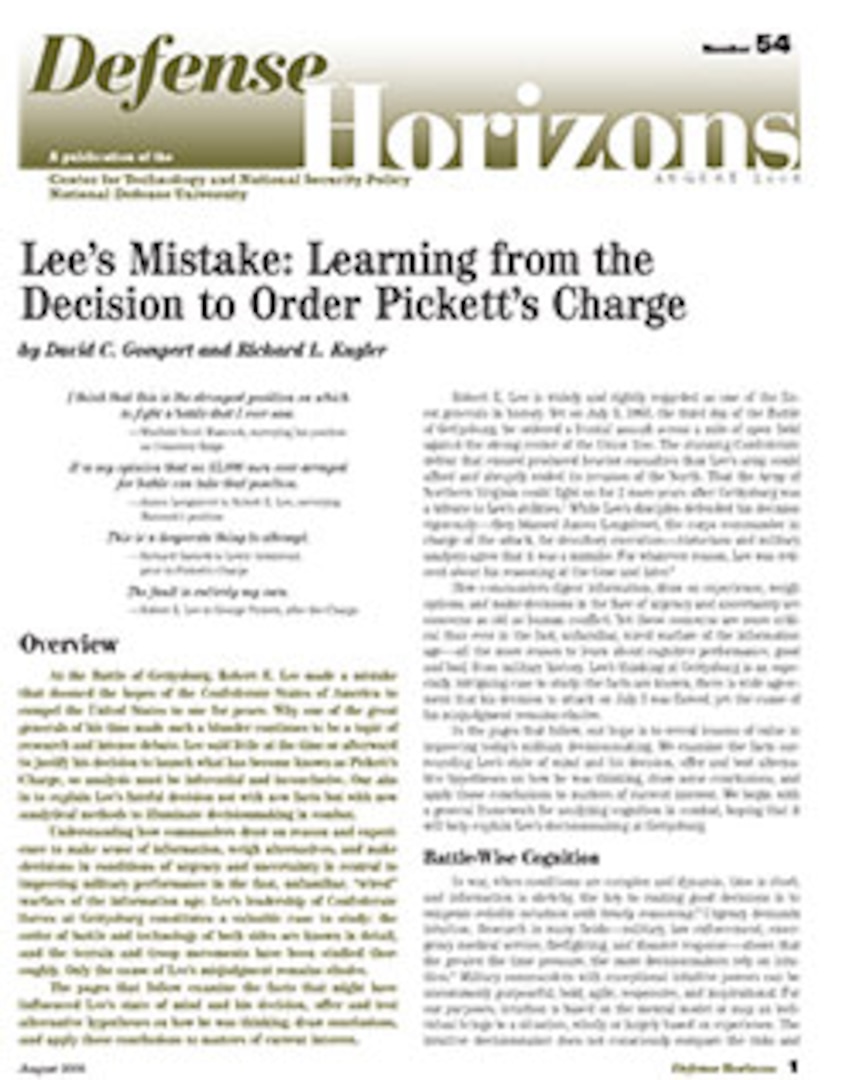Lee had very solid reasons for sending his forces into Maryland and Pennsylvania, and attempted the exercise during each of the summer campaign seasons of 1862, 1863 and 1864.
The first invasion was in the late summer of 1862 and likely had the best chance of the three. Lee had in mind strategic, logistical, and political factors and the most important of those goals focused on logistics. Facing critical shortages of food, Lee knew that a movement into the untouched agricultural regions of Maryland and Pennsylvania’s Cumberland Valley held significant promise. If positioned northwest of Washington, Lee could force the Federals to remain between him and their capital, thus liberating war-exhausted northern and north-central Virginia, as well as the Shenandoah Valley, from the presence of the contending armies.
Southern farms that had suffered from the presence of scores of thousands of troops could recover, crops could be harvested safely, and civilians could enjoy a respite from the stress of constant uncertainty about their persons and property. Meanwhile, Lee’s army would gather vital food, fodder, and other supplies from Maryland and perhaps from southern Pennsylvania. This double-sided logistical bonus, by itself, would be sufficient to render the Maryland campaign a success.
Beyond maintaining the strategic offensive and improving his logistical situation, Lee sensed an opportunity to affect political events in the Northern states. He read Northern newspapers carefully and knew that bitter debates raged between Republicans and Northern Democrats about civil liberties, the conduct of the war, and emancipation. If the campaign north of the Potomac went as Lee hoped, the North’s fall elections would take place while the Army of Northern Virginia maneuvered in Maryland or Pennsylvania. The presence of the premier Rebel army on Northern soil would hurt Lincoln and the Republicans, believed Lee, making it easier for Democrats to press for some type of negotiated settlement.
Lee and Jefferson Davis also held out some hope that the state of Maryland could be compelled to secede and join the Confederacy or that at least, new recruits from the state would join his forces.
He did not march northward with the expectation of persuading England and France to extend formal diplomatic recognition to the Confederacy. Although leaders in London and Paris, who in September 1862 edged closer to some type of diplomatic intervention than at any other time during the war, watched closely to see whether the Army of Northern Virginia would win another triumph, Lee always insisted that the Confederacy should never count on help from Europe to achieve its independence. None of his correspondence at the time of the Maryland campaign mentioned the possibility of influencing foreign observers.
